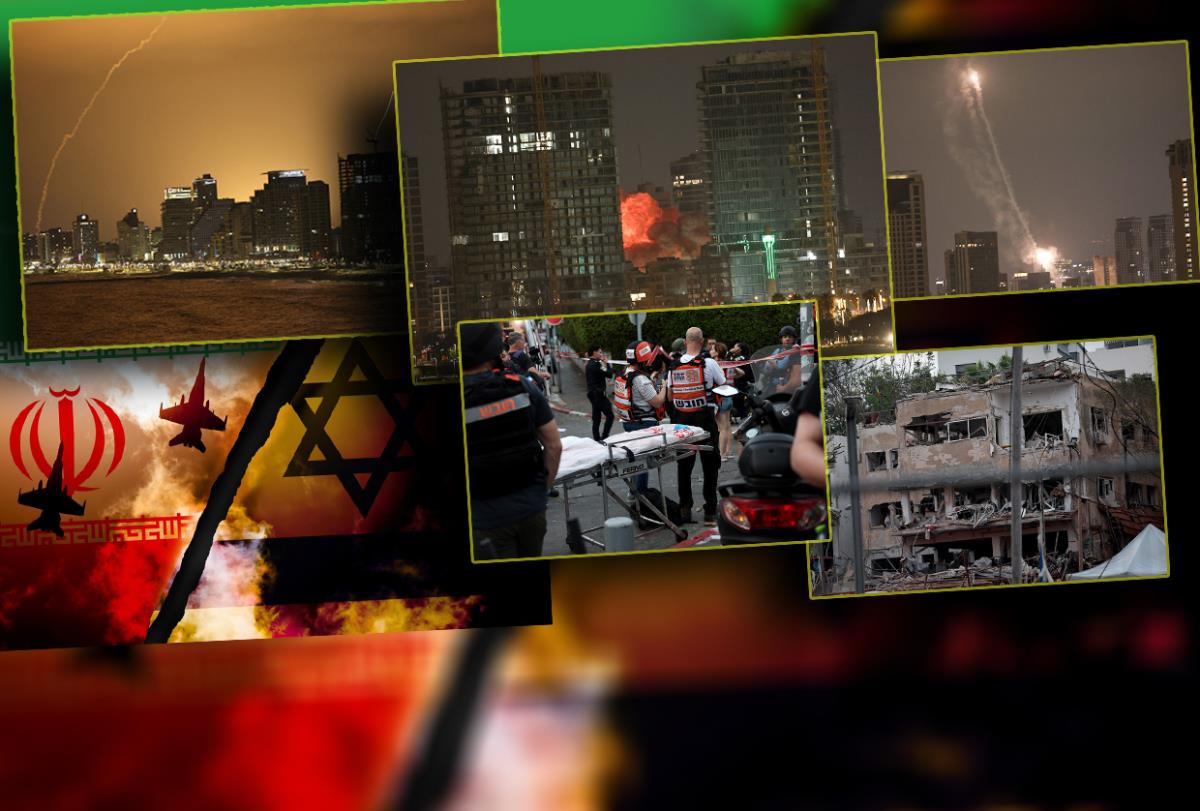Israel launched preventive airstrikes on Iranian nuclear and military targets, killing several high-ranking Iranian officials and scientists, escalating the conflict between the two countries. Israeli Prime Minister Benjamin Netanyahu called on the Iranian people to rise against the regime, while Iran retaliated with missile and drone attacks on Israeli targets. This conflict has led to the suspension of nuclear talks and increased tensions in the Middle East, with potentially far-reaching consequences for regional and global security.
Political Perspectives:
Left: Left-leaning sources emphasize the dangers of escalating military conflict and the humanitarian risks involved. They often highlight the need for diplomatic solutions and criticize aggressive military actions that may destabilize the region further. The narrative may focus on the impact on civilians and the importance of resuming nuclear negotiations.
Center: Centrist sources report the facts of the conflict, focusing on the sequence of events, official statements from both sides, and the geopolitical implications. They present the conflict as a complex issue involving security concerns of Israel and Iran’s nuclear ambitions, emphasizing the need for careful diplomacy to avoid wider war.
Right: Right-leaning sources tend to emphasize Israel’s right to self-defense against existential threats posed by Iran’s nuclear program. They often support strong military actions to prevent Iran from acquiring nuclear weapons and may portray Iran as a destabilizing force in the region. The narrative may include calls for regime change in Iran and highlight the threat of terrorism supported by Iran.



















